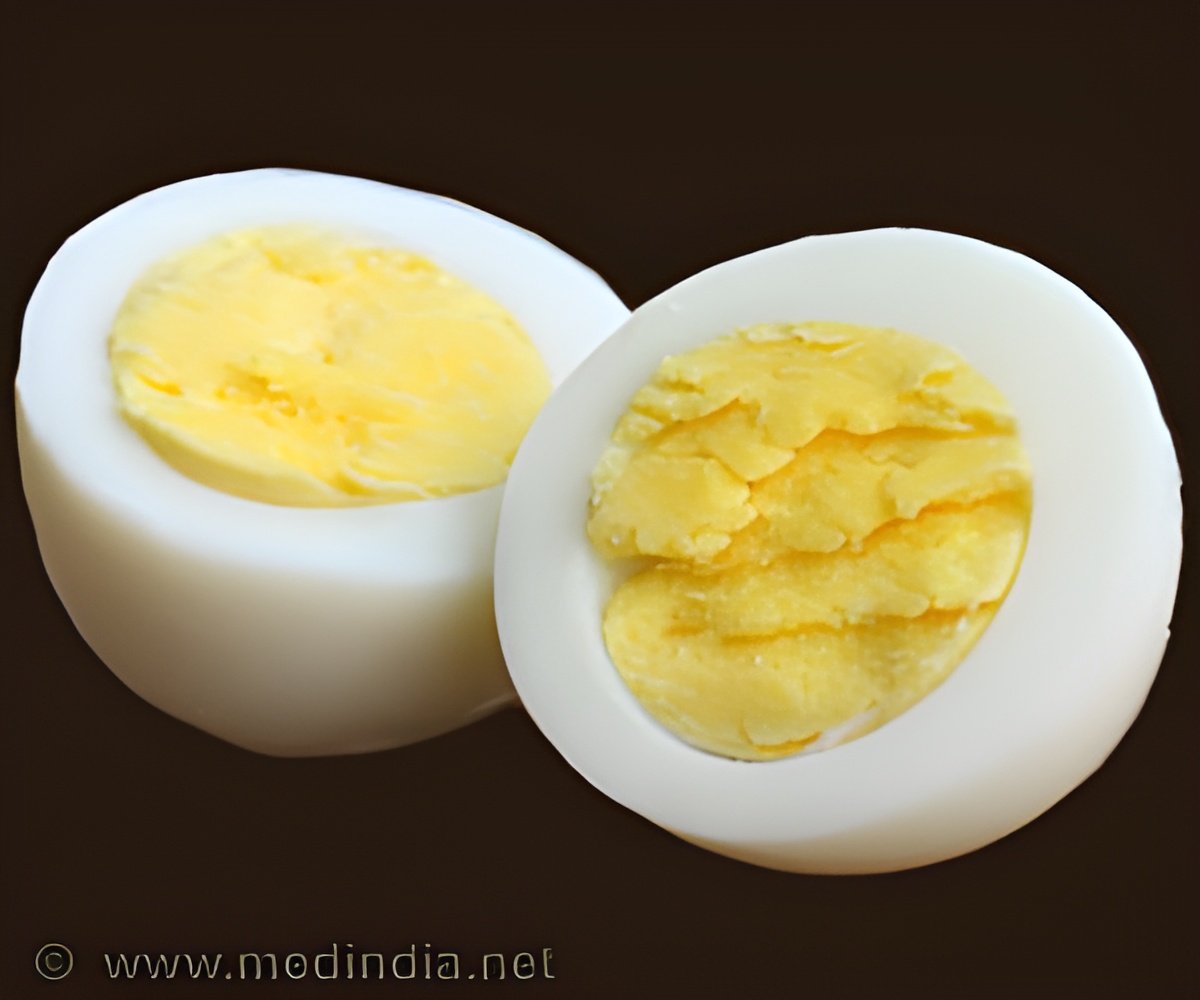
Vega has a Ph.D. in food science, culinary training from Le Cordon Bleu, and is a research manager at Mars Botanical, a division of Mars, Incorporated.
Heating an egg may seem like the simplest form of cooking, next to boiling water. But the best way of doing so remains a surprisingly contentious issue among great chefs, Vega pointed out.
Eggs are a gastronomic enigma because the ovotransferrin and ovalbumin proteins in the white begin to coagulate or solidify at around 142 and 184 degrees Fahrenheit, respectively.
The phosvitins and other egg yolk proteins, however, can start thickening even at temperatures as low as 130 degrees F. So what's the right temperature for the perfect egg?
Vega explained that some professional cooks have taken a relatively new approach by cooking eggs in temperature-controlled water circulators. Using these devices, chefs cook eggs at relatively low temperatures (such as 60 degrees C, or 140 degrees F), for relatively long periods of time (at least 1 hour). And what Vega terms the "6X degree C egg" is now ubiquitous on menus in chic restaurants.
Advertisement
"The idea that cooking time does not matter is nonsense," Vega said, citing research he did and published in the peer-reviewed journal Food Biophysics that debunked the idea.
Advertisement
Eggs certainly are not the only entry on the menu of scientific misconceptions in the kitchen.
Vega pointed out that research published last year challenged time-honored ideas about the browning of sugar, known as caramelization. Everyone thought that sugar had to first melt before undergoing that mouth-watering transformation into caramel. The new research showed, however, that sugar could caramelize when heated while it's still solid.
"It's dismaying to think that so many could be so wrong for so long about what actually happens to such basic ingredients like sugar or eggs during cooking," Vega said.
"But it also provides a rare opportunity to rethink the possibilities of the basic, and to communicate accurate information and the fun and excitement of science to the public," he added.
Source-ANI









